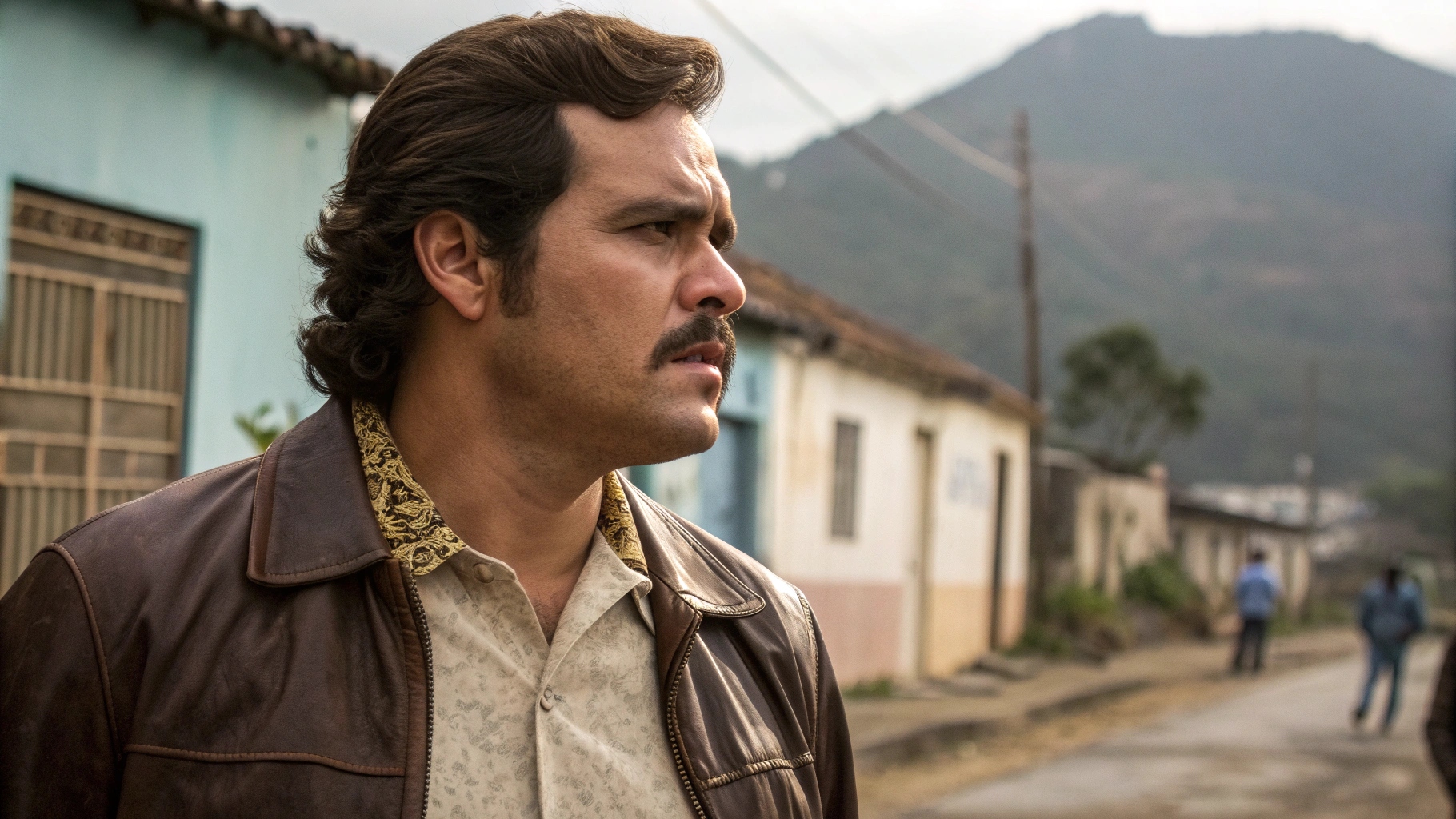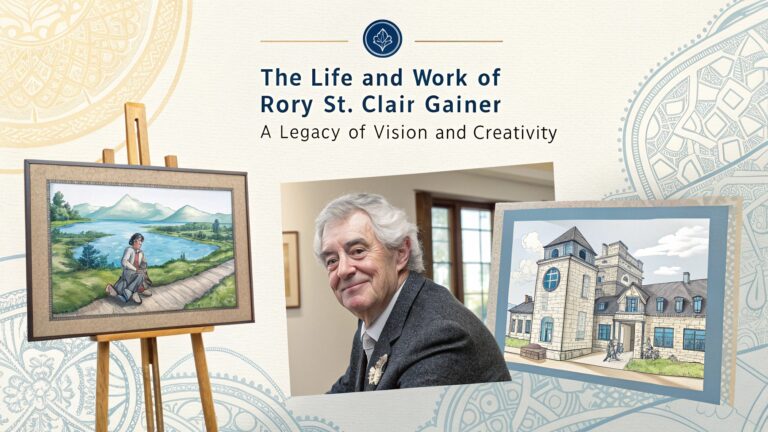Narcos: A Journey Through Crime, Power, and Culture
Introduction
Crime dramas have always fascinated audiences, offering a glimpse into the dark underworld where power, greed, and survival collide. One of the most iconic titles in this genre is Narcos, a series that captivated millions worldwide. Beyond entertainment, it also sparked conversations about history, crime, and society. This article explores the cultural, historical, and cinematic impact of the show and why it continues to be a reference point in discussions about drug empires and their global influence.
The Rise of Crime Epics on Screen
Stories about criminal empires have long been a part of literature and cinema. From mafia sagas to cartel thrillers, audiences are drawn to narratives that showcase ambition and moral conflict. What makes crime Narcos dramas so powerful is their ability to humanize figures who, in reality, brought fear and destruction. They balance between fact and fiction, creating a gripping blend of history and drama.
Setting the Stage: Colombia and the Drug Trade
The backdrop of the series is deeply rooted in real history. Colombia in the late 20th century became a focal point of global drug trafficking. The Medellín and Cali cartels changed the country’s social and political landscape, while their reach extended across borders. The government, military, and even foreign agencies became entangled in battles that shaped the nation’s identity.
This environment provided fertile ground for storytelling. By weaving historical events into a dramatic narrative, Narcos the series not only entertains but also educates viewers on the complexities of the drug wars.
Why the Show Resonated Globally
The success of Narcos was not accidental. Several factors contributed to its widespread acclaim:
Historical Authenticity – Many of the events portrayed are based on real incidents, giving the drama an almost documentary-like feel.
Multilingual Storytelling – The use of both Spanish and English allowed the series to stay authentic while appealing to a global audience.
Complex Characters – The show did not portray simple villains and heroes. Instead, it gave depth to its figures, making them human and relatable.
Cinematic Quality – High production values, realistic sets, and gripping cinematography elevated it above standard television dramas.
Beyond the Screen: Real-World Reflections
The story is more than just television entertainment. It forces viewers to reflect on the real-world consequences of crime Narcos and corruption. Drug empires were not just about wealth and power—they left behind legacies of violence, fear, and broken systems.
The series also raises questions about the role of international agencies, government involvement, and the blurred lines between justice and compromise. In many ways, it challenges viewers to consider whether the “war on drugs” achieved its intended goals or simply fueled new cycles of conflict.
Cultural Impact and Global Reach
Few series manage to become cultural phenomena, but Narcos achieved just that. It sparked interest in Colombian history, tourism, and Latin American cinema. For many viewers around the world, it was their first introduction to the complexities of Latin American politics and the struggles faced by communities affected by cartels.
The influence extended to fashion, music, and popular slang. Quotes from the show became memes, and its soundtrack introduced audiences to a new wave of Latin rhythms. It wasn’t just a TV drama—it became a cultural export.
Storytelling Through Multiple Perspectives
One of the strongest aspects of the series is its use of multiple viewpoints. It didn’t only focus on the rise of drug lords but also highlighted law enforcement, political leaders, and ordinary citizens caught in the crossfire. This multidimensional approach gave the narrative richness and prevented it from glorifying crime.
Instead of presenting a one-sided tale, it showed how ambition, greed, poverty, and politics intertwined. By doing so, the drama painted a realistic picture of how empires rise and fall.
The Legacy of Narcos
Even after the original series concluded, its influence continued. Spin-offs, documentaries, and other shows inspired by its format followed. The demand for stories about power struggles and organized crime remains strong, but Narcos set a benchmark that is difficult to surpass.
Its legacy lies not only in storytelling but also in its ability to merge history with drama in a way that kept audiences glued to their screens. It reminded viewers that truth can sometimes be stranger—and more brutal—than fiction.
Lessons From the Story
While it is easy to view the series as entertainment, it carries important lessons. Among them:
Power is fleeting – No empire lasts forever, especially when built on fear and violence.
Choices have consequences – Every character’s decisions, from leaders to foot soldiers, shaped their fate.
Corruption spreads easily – The struggle between justice and survival revealed how fragile systems can be.
Human stories matter – Behind every cartel leader or government official, there were families, communities, and lives impacted.
These lessons are part of what keeps discussions about the series alive, even years after its release.
How Audiences Perceived It
Interestingly, the reception varied across regions. While global audiences praised the drama, some in Colombia had mixed feelings. For many locals, it reopened wounds and reminded them of a painful past. Others, however, appreciated that their history was finally being acknowledged worldwide.
The dual reception highlights an important point: stories about crime are not just entertainment—they carry cultural and emotional weight for the communities directly affected.
Why Narcos Remains Relevant Today
Crime dramas often fade after their peak, but this series remains relevant. Part of the reason is that the issues it highlighted—drug trafficking, corruption, international politics—are not confined to the past. They continue to shape global headlines today
By dramatizing real struggles, it ensures that audiences do not forget the sacrifices made in the fight against crime. It keeps the conversation alive and reminds us that history often repeats itself when its lessons are ignored.
Conclusion
The fascination with crime dramas is unlikely to fade anytime soon, but few titles have achieved the cultural, historical, and cinematic impact of Narcos. Through powerful storytelling, authentic representation, and complex characters, it bridged the gap between history and entertainment.







